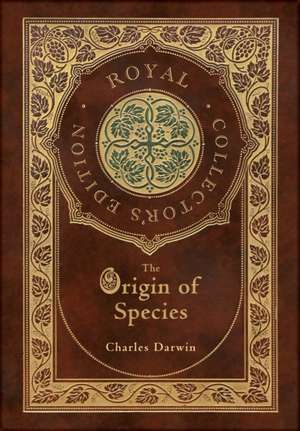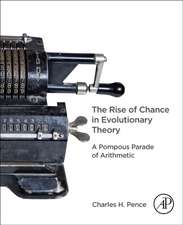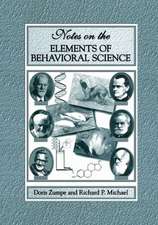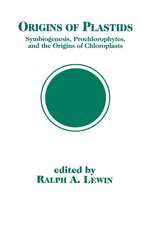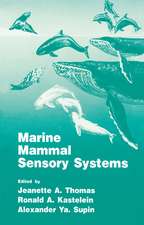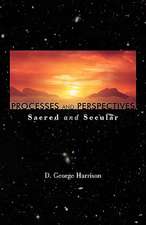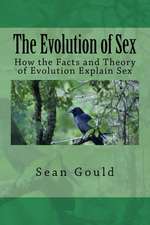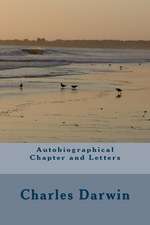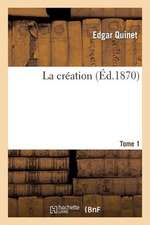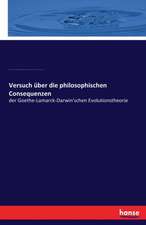The Origin of Species (Royal Collector's Edition) (Annotated) (Case Laminate Hardcover with Jacket)
Autor Charles Darwinen Limba Engleză Hardback – 15 noi 2020
The Origin of Species is a work of scientific literature by Charles Darwin which is considered to be the foundation of evolutionary biology. Darwin's book introduced the scientific theory that populations evolve over the course of generations through a process of natural selection. It presented a body of evidence that the diversity of life arose by common descent through a branching pattern of evolution. Darwin included evidence that he had gathered on the Beagle expedition in the 1830s and his subsequent findings from research, correspondence, and experimentation.
The Origin of Species attracted widespread interest upon its publication. As Darwin was an eminent scientist, his findings were taken seriously and the evidence he presented generated scientific, philosophical, and religious discussion. Within two decades there was widespread scientific agreement that evolution, with a branching pattern of common descent, had occurred. In the 1930s and 1940s, Darwin's concept of natural selection became central to modern evolutionary theory, and it has now become the unifying concept of the life sciences.
Preț: 329.18 lei
Nou
63.01€ • 68.46$ • 52.96£
Carte tipărită la comandă
Livrare economică 21 aprilie-05 mai
Specificații
ISBN-10: 1774378396
Pagini: 352
Dimensiuni: 159 x 232 x 34 mm
Greutate: 0.69 kg
Editura: Sapling Books
